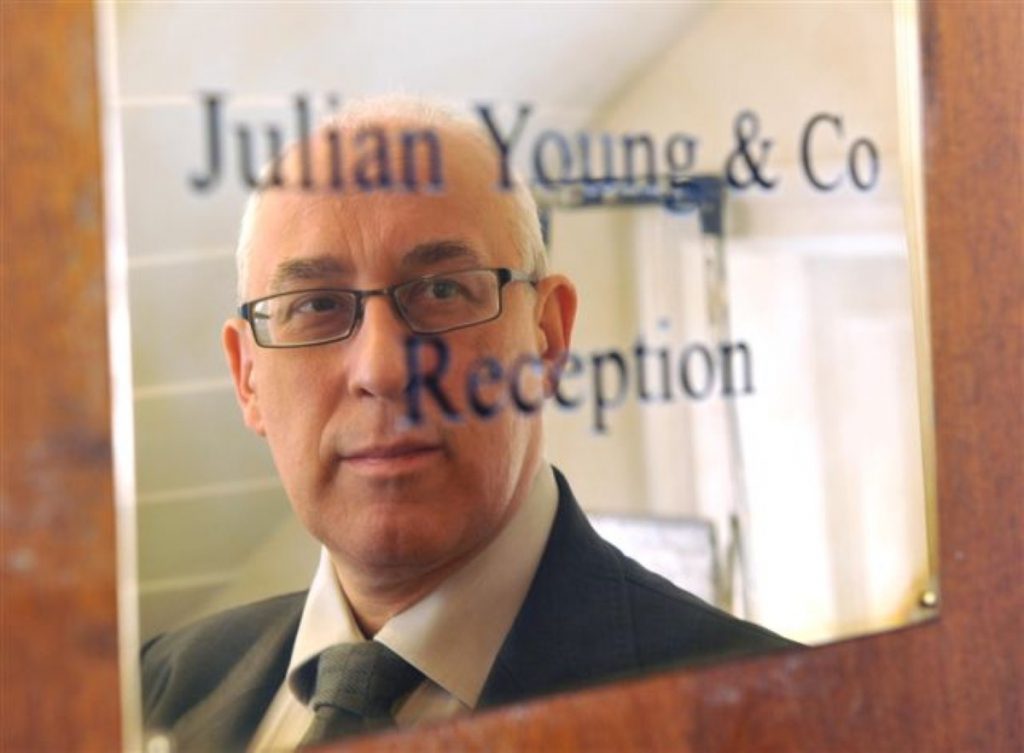Comment: Should juries be scrapped?
By Julian Young
We have all seen the furore in the media when a jury recently failed to reach a verdict in a high profile case. The question was posed – should we keep the jury system? No one has suggested with what a jury should be replaced which would have the confidence of the public in England and Wales.
My answer is a resounding 'yes'. Imagine the alternatives? A case-hardened and/or cynical judge trying a case alone; a trial involving expert assessors who may not have the experience[s] of the 'man on the Clapham omnibus'.
For centuries the jury system ensured that a defendant was tried by people who were not lawyers or experts in assessing evidence. In some cases, they have reached decisions which were bizarre or plainly wrong. In other cases they were able to send out messages to the legislature that the laws were wrong – for example refusing to convict when the death penalty existed for minor offences such as theft of goods above a certain value (they could assess the value of the goods), or when a mother killed a child whilst suffering from post-natal depression. The latter example resulted in the Infanticide Act in 1922. That was a genuine example of 'jury power' and resulted in a defendant who had killed a child receiving the medical treatment which was so urgently required.


Cases such as those involving Clive Ponting (the Belgrano case) and Michael Randle and Pat Pottle (the escape of George Blake) resulted in acquittals which surprised the judiciary and the media. But, at the end of the day, it is for the jury to decide guilt or innocence in a contested serious case in a crown court.
Yes, juries are, by human nature, fallible and can make mistakes; we all do that – jurors, lawyers and judges. Yes, some jurors may not fully understand what they are required to assess. It may well be that some jurors see things which the trial lawyers and judge have totally missed – I recall a case in which the jury saw something on a CCTV which everyone else had missed. That is the beauty of the jury system; they bring a breath of fresh air into the crown court and look at evidence carefully in almost all cases.
But one does not throw out the baby with the bathwater. The jury brings to any case its 400+ years of human experience. They can assess reasonableness in a self-defence case. They can assess honesty in a fraud or theft case. Their collective experiences of life can assess the credibility of witnesses – a vital task in the majority of/many cases.
They can choose to ignore or not accept evidence from a 'professional' witness such as a police officer or expert. Perhaps most importantly, they are independent of the court system and cannot be forced to find anyone guilty or not guilty – not by the executive or the judiciary.
I say of our criminal justice system and the jury system, that we should examine the words of Sir Winston Churchill when speaking of democracy. He said: "Democracy is the worst form of government except for all those others that have been tried." Just change some of the words so that it now reads: "The jury system for a trial is the worst form of criminal justice except for all those others that have been tried."
Julian Young is a solicitor advocate with extensive experience in criminal litigation.
The opinions in politics.co.uk's Comment and Analysis section are those of the author and are no reflection of the views of the website or its owners.

